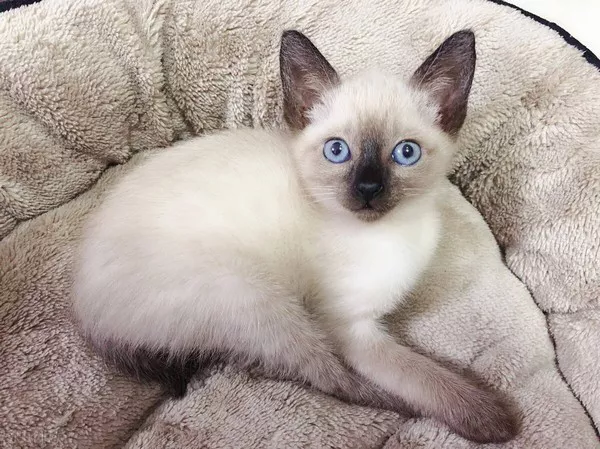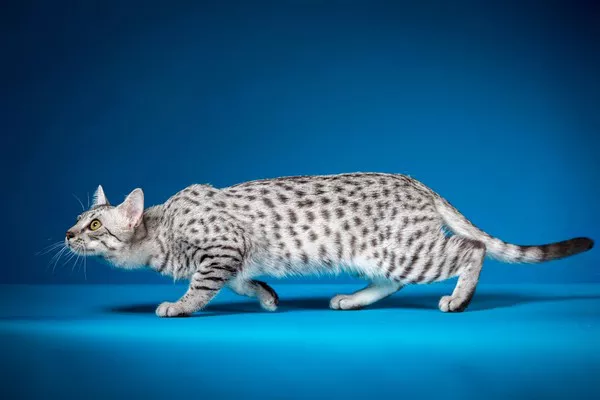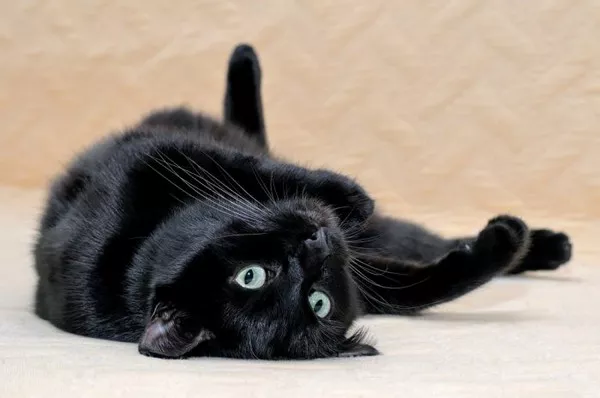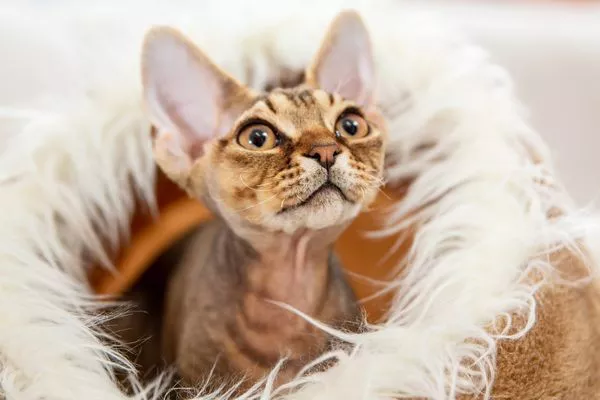As our feline companions age, their dietary needs evolve, and it becomes essential to provide them with the right nutrition to maintain their health and well-being. Senior cats require a balanced diet tailored to their age-related changes, and selecting the best food and treats is crucial in ensuring they lead a happy and healthy life. In this guide, we’ll explore the factors to consider when choosing food and treats for your senior cat to help you make informed decisions.
Understanding Your Senior Cat’s Nutritional Needs
Before diving into the specifics of selecting food and treats, it’s vital to understand the unique nutritional needs of senior cats:
Reduced Caloric Intake: As cats age, their activity levels tend to decrease, resulting in a reduced need for calories. Overfeeding can lead to obesity, which can exacerbate age-related health issues.
Protein Quality: High-quality protein sources are crucial for maintaining muscle mass and overall health. Look for cat foods with animal-based proteins like chicken or fish.
Joint Health: Senior cats may experience joint stiffness or arthritis. Foods with added glucosamine and chondroitin can help support joint health.
Digestive Health: Aging cats may have more sensitive stomachs. Easily digestible ingredients like rice or oats can help prevent digestive issues.
Oral Health: Dental problems become more common in senior cats. Consider dental-specific kibble or treats to promote oral health.
Hairball Control: Older cats may have trouble grooming themselves, leading to an increased risk of hairballs. Specialized foods can help control hairball formation.
Hydration: Senior cats may not drink enough water, so wet or canned cat food can help maintain proper hydration.
Consult Your Veterinarian
Before making any dietary changes for your senior cat, consult your veterinarian. They can provide valuable insights into your cat’s specific needs, recommend suitable food brands, and suggest any necessary dietary supplements. Regular veterinary check-ups are essential to monitor your cat’s health as they age.
Choosing the Right Senior Cat Food
When selecting the best food for your senior cat, keep these factors in mind:
1. Age-Appropriate Formulas
Look for cat food labeled as “senior” or “mature.” These formulas are designed to meet the specific needs of aging cats. They typically have adjusted protein, fat, and calorie levels.
2. Protein Content
Choose cat foods with high-quality animal-based proteins as the primary ingredient. Protein is essential for muscle maintenance and overall health. Aim for at least 30-40% protein content.
3. Controlled Fat Levels
Senior cats may have a decreased metabolism, making them prone to weight gain. Opt for foods with controlled fat levels to prevent obesity.
4. Limited Fillers
Avoid cat foods with excessive fillers like corn, wheat, or soy. These ingredients provide little nutritional value and can lead to digestive problems.
5. Added Supplements
Look for foods enriched with joint-supporting supplements like glucosamine and chondroitin, as well as antioxidants for immune support.
6. Wet vs. Dry Food
A combination of wet and dry food can provide variety and address different aspects of your cat’s health. Wet food helps with hydration, while dry kibble can aid dental health.
7. Special Dietary Requirements
If your senior cat has specific health issues, such as kidney disease or diabetes, consult your vet for recommendations on special diets tailored to their needs.
Senior Cat Treats
Treats can be a delightful way to bond with your senior cat and provide additional nutrients. When choosing treats:
1. Age-Specific Treats
Look for treats designed specifically for senior cats. These treats often contain joint-supporting ingredients and are easier to chew.
2. Limited Ingredients
Opt for treats with minimal ingredients to reduce the risk of allergens or digestive upset.
3. Dental Health Treats
Senior cats may be more prone to dental issues. Choose treats that promote dental health by reducing tartar buildup and freshening breath.
4. Portion Control
Remember that treats should be given in moderation. Excessive treats can lead to weight gain and nutritional imbalances.
Transitioning to a New Diet
When introducing a new food or treats to your senior cat, do so gradually. Start by mixing a small amount of the new food with their current diet, increasing the ratio over several days to minimize digestive upset. Monitor your cat’s reactions and consult your veterinarian if you notice any adverse effects.
Monitoring Your Senior Cat’s Health
Regularly monitor your senior cat’s weight, appetite, and overall condition. Any significant changes in behavior or health warrant a visit to the veterinarian. Senior cats may require more frequent check-ups to detect and address age-related issues promptly.
In Conclusion
Choosing the best food and treats for your senior cat is a critical aspect of ensuring their health and happiness during their golden years. By understanding their unique nutritional needs, consulting your veterinarian, and selecting age-appropriate formulas, you can provide your senior cat with the care they deserve. Treats can be a part of their diet but should be given in moderation and with attention to their specific health requirements. With the right diet and proper care, your senior cat can enjoy a comfortable and fulfilling life by your side.






















